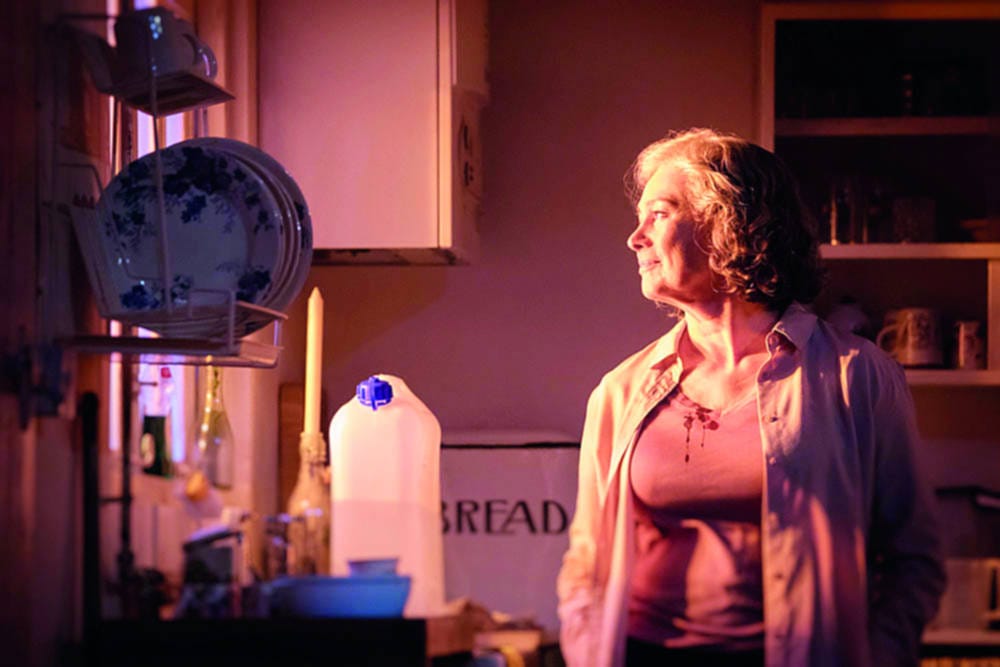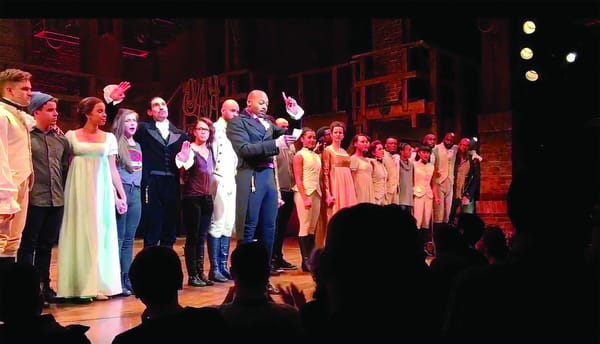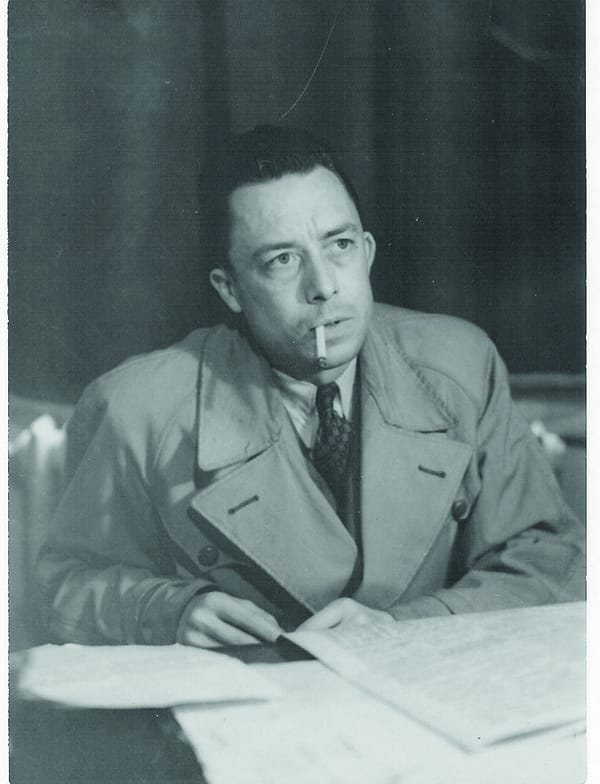The Children is a triumph of acting and staging
The Children is on at the Jerwood Theatre (Royal Court Theatre) until 14th February 2017

From the moment The Children – written by Olivier Award winner, Lucy Kirkwood – begins, the on-stage chemistry between Rose and Hazel is a joy to behold. Played by Francesca Annis and Deborah Findlay respectively, the juxtaposition between the calm and uptight exterior of Rose and the scatterbrain Hazel leads to an opening that is nothing short of hilarious, in a play that is as laugh-out-loud funny as it is touching.
Rose, Hazel, and Hazel’s husband Robin – played by Ron Cook – are retired nuclear scientists, having previously built and worked together at a coastal plant. Some months prior, the plant goes into meltdown and, with their home now a threat to their lives, Hazel and Robin are forced to move into a seaside cottage outside the exclusion zone. It is then, after decades apart, that Rose arrives unannounced. Despite the pretence of friendliness, it is clear neither woman carries a great deal of affection for the other; both dismissive or blasée to each other’s jokes and anecdotes. When Robin appears on stage it is clear why – Rose is most definitely in love with her ex-colleague and he with her. As a matter of fact, they’ve been having an affair for years. This is by no means a spoiler, you’d have to be blind and deaf not to spot it a mile off. Which is good because, although it plays an important role in the plot, it does not serve as the performance’s main dilemma – that is not to be spoiled.
The premise of three retirees in their late sixties chatting in a cottage is, on the face of it, rather drab. Yet what is presented over the course of two hours (no interval, so make use of the lavatories while you can) is a dialogue and set of actions that is, right now, taking place amongst groups of students all over the country. Bad food is eaten, home-made wine is guzzled, characters gossip, reminisce, talk over one another, mutter sarcastic comments, disguise flirting with fighting, dance to their favourite song, and pour their drunk little hearts out. The cottage itself even feels like a student house with its damaged furniture, blocked toilet, and general feeling of decrepitude. Far from being dull, were the play two hours of chat between Rose, Hazel and Robin, it would have no problem providing a thoroughly enjoyable spectacle.
Just underneath the surface of Kirkwood’s witty dialogue, however, is a twist that adds drama and a wonderfully engaging narrative to the play, forcing the audience to reanalyse all that has come beforehand. Once the true nature of events is revealed, a new layer is added to each of the protagonists' personality; this propels the production from good to great. It is at this point when, despite feeling inconsequential at the beginning of the play, age is of the utmost importance. Lines that had once appeared as throwaway now take on a new level of poignancy; the character development that Kirkwood has employed could quite easily be the subject of an essay. An explicit resolution to the play’s central problem is never reached, but the combined effort of script, direction, and acting provide enough of an insight into the souls of Rose, Hazel and Robin that it needn’t one.
On a technical note, the staging serves to add, rather than distract from the performances. The set leans at a slight angle – fitting for an old cottage on a hill – alluded to only by a rolling apple and the accumulation of water in one corner. The lighting changes subtly with the passing of time, or with the arrival of a car outside the kitchen window. Robin and Hazel’s cottage has no electricity until 10pm each day, and the transition from the faint glow of gas lamps to the bright lamps, coincides perfectly with a reinvigoration of Rose’s spirit during an intimate scene with Robin.
Although talked about constantly, no children ever appear during The Children. A child, however, can be heard laughing at all the jokes and quips; not from the stage, but the audience. The youthful laugh from the lower circle is so fitting to the play’s underlying message, the more cynical audience members might think she was a shill. The Children is a remarkable telling of how in spite of old age – with all its physical limitations and responsibilities – our human desires, aspirations, flaws, anxieties, and humour differ little from when we were young.







